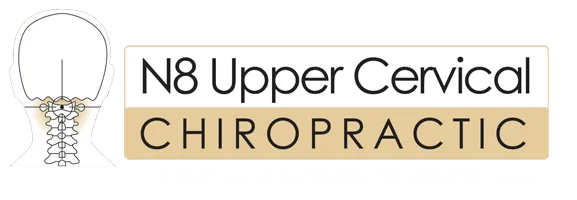
Vertigo is the sensation that you are moving when you are not. More specifically, it feels like you are spinning or the things in the room around you might appear to be spinning. It is a false sense of motion and is one of the most common medical complaints. When you feel like you are moving, it is referred to as subjective vertigo. If it appears that the things around you are moving, it is called objective vertigo. This is not the same feeling as lightheadedness. Vertigo has relatively few causes and is not contagious.
Why Vertigo Happens
Vertigo is put into two different categories: peripheral and central.
Peripheral: This happens due to a problem in the inner ear or vestibular nerve. This nerve connects the inner ear and the brain.
Central : This occurs when there is a problem with the brain (especially the cerebellum) and central nervous system. The cerebellum coordinates movements and helps with balance.
Vertigo Causes
Benign paroxysmal positional vertigo (BPPV): This is the most common form of vertigo and can last from 15 seconds to a few minutes. It may be described as a sudden attack of vertigo. It is often initiated by changes in the position of your head, such as rolling over in bed. It is due to calcium crystals that have moved into the wrong part of the ear and are floating in the semicircular canals of the ear.
Acute peripheral vestibulopathy (APV) : An inflammation of the inner ear which causes the sudden onset of vertigo.
Meniere’s disease : An inner ear disorder that is accompanied by vertigo, tinnitus, and hearing loss. If you have Meniere’s, you will have an abrupt onset of severe vertigo and fluctuating hearing loss with periods of no symptoms at all in between. It is possibly related to viral infections, a head injury, allergies, or inherited genes.
Acoustic neuroma : A rare cause of vertigo that is connected to a tumor of the nerve tissue of the inner ear. Along with vertigo, you may experience ringing in one ear and hearing loss.
Perilymphatic fistula: Abnormal communication between the middle and inner ear
Otosclerosis: An abnormal bone growth in the middle ear.
Cholesteatoma erosion: Erosion caused by a cyst in the inner ear.
Stroke
Multiple sclerosis: The onset is often abrupt and may include the inability of the eyes to move past the midline toward the nose.
A migraine: A severe form of a headache that may bring about vertigo.
A tumor in the cerebellum
Diabetes: Complications from diabetes can cause hardening of the arteries which leads to a decrease in blood flow to the brain.
Anxiety or panic attacks: A possible cause of vertigo. Stress may worsen the symptoms but it does not cause them.
Changes in hormones during pregnancy: When accompanied by low blood sugar, women often feel the sensation of vertigo.
Head trauma and neck injury
Inflammation of the inner ear : This is called labyrinthitis or vestibular neuritis and is known for the sudden onset of vertigo. Hearing loss may also be present. Often caused by a bacterial or viral infection in the inner ear. It can last for days until the inflammation calms down.
To learn more about the connection between head and neck injuries and vertigo download our complimentary e-book How to Naturally Relieve Vertigo without Drugs by clicking the image below:
Symptoms of Vertigo
Vertigo has been said to feel very similar to motion sickness or like the room is spinning. It is a feeling of being off-balance and lacking equilibrium. Vertigo can last from minutes to hours and symptoms can be chronic or episodic. It may also be accompanied by:
Nausea
Vomiting
Stumbling while trying to walk
Abnormal headaches
Sweating
Abnormal eye movements
Visual disturbances
Weakness
To schedule a consultation with N8 Upper Cervical Chiropractic clinic, call (02) 8553-6218 or just click the button below.
If you are outside of the local area, you can find an Upper Cervical Doctor near you at www.uppercervicalawareness.com.


